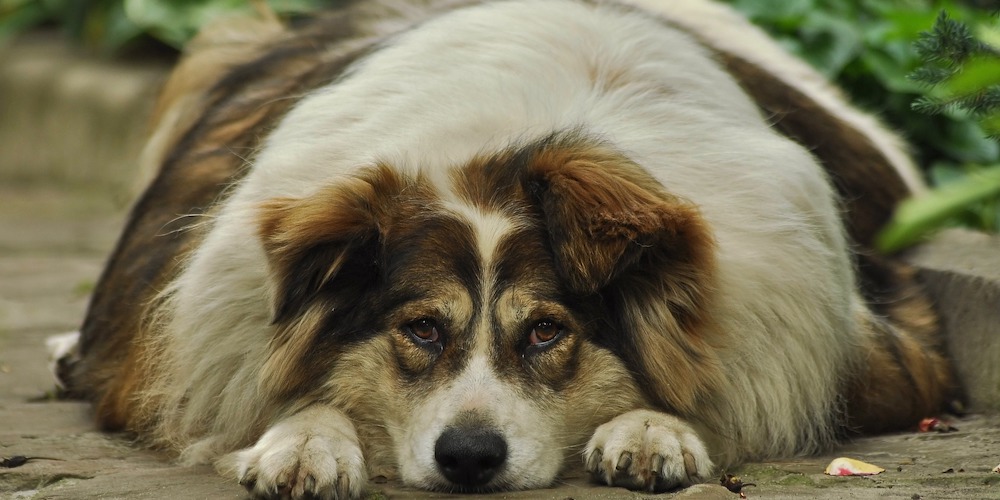Hypothyroidism is a common disease in dogs that result in an underactive thyroid gland. The thyroid gland is controlled by the pituitary gland, located at the base of the brain, and when the glands are not producing enough hormones, the dog’s metabolism slows down.

This is commonly caused by either;
Every organ in the body is affected when the metabolic rate slows down, so it is common for a dog with hypothyroidism to have one of more of the following symptoms:
Hypothyroidism is most common in dogs that are 4 to 10 years old and usually affects medium to large-size breeds.
Breeds that are most commonly diagnosed with Hypothyroidism are the Golden Retriever, Cocker Spaniel, Doberman Pinscher, Irish Setter and Airedale Terrier.
If you suspect your dog has Hypothyroidism or they show one or more of the symptoms above, contact your veterinarian for a full physical examination of your dog, including a thorough medical history.
Your vet will perform a thyroid specific blood test and this will confirm the diagnosis of hypothyroidism.

There is good news. Hypothyroidism is not life threatening but it isn’t curable. It does require your dog to be on an oral medication for the rest of its life. This medication is called levothyroxine and it is a synthetic form of the thyroid hormone.
If your dog is showing one or more of the typical symptoms and signs of Hypothyroidism, make sure you contact your veterinarian for advice. Please speak to our friendly staff at Karingal Veterinary Clinic in the Mornington Peninsula to make an appointment or book online today.